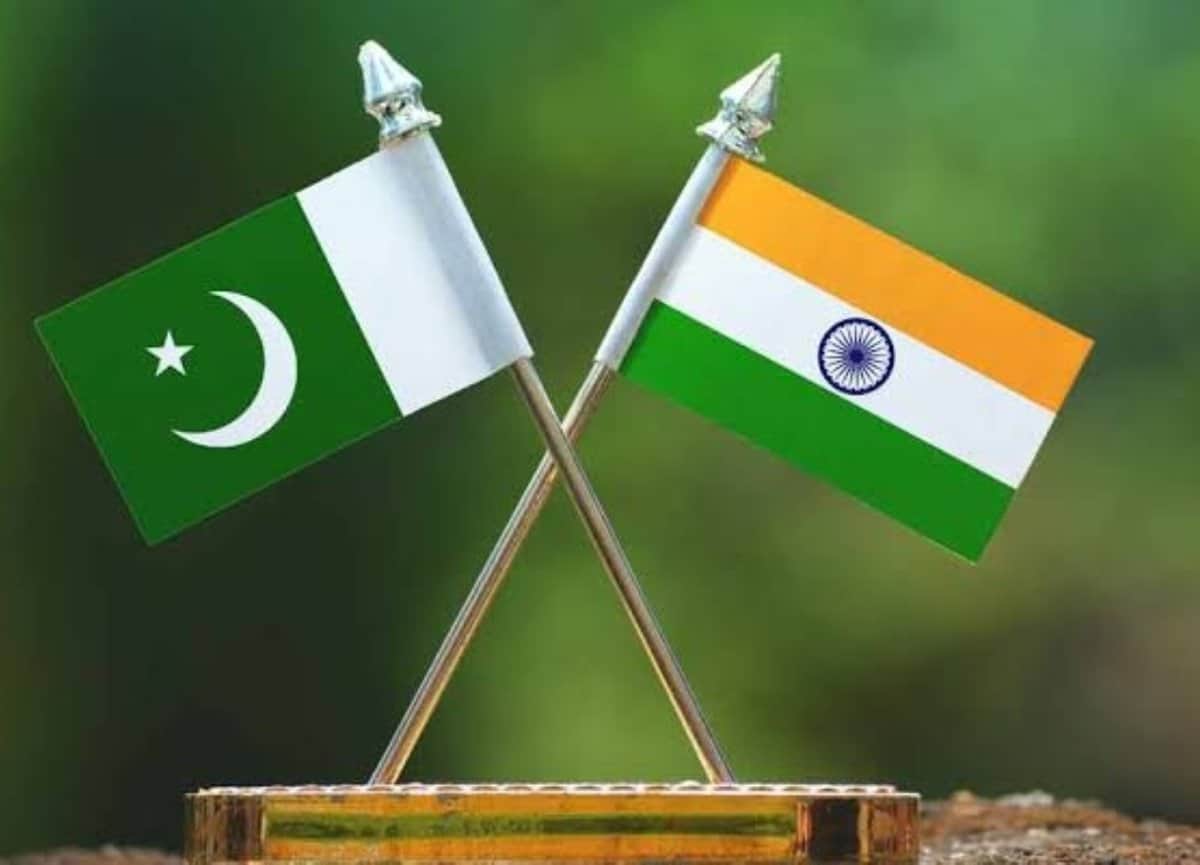
India tore apart Pakistan’s attempt to paint India black by referring to the issue of Jammu Kashmir again at the United Nations forum in its attempt to internationalize the whole issue.
The Indian delegate, diplomat Ms Bhavika Mangalanandan minced no words when she said that Jammu and Kashmir was an “integral and inalienable” part of India.
Expressing her shock at Pakistan’s “audacity” she questioned the right of Pakistan to speak against India, the “largest democracy” of the world.
She showed the mirror to Pakistan and belittled its credentials as a country which is “run by the military”, and has a “global reputation for terrorism, narcotics trade and transnational crime.”
A country like Pakistan to speak of violence anywhere was “hypocrisy at its worst,” she said.
Her reaction came as a result of Pakistan Prime Minister Shehbaz Sherif drawing parallel between Palestine and Jammu and Kashmir in his earlier speech.
He had said, “Similarly, like the people of Palestine, the people of Jammu and Kashmir too, have struggled for a century for their freedom and right of self- determination”.
He declared that Pakistan had over the years stood by the commitment of Father of Pakistan, Mohammed Ali Jinnah 1947, that Pakistan will stand by the UN Charter and make its full contribution to the peace and prosperity of the world.
How hollow this commitment sounds today when we look at it in the light of three wars with India since Independence and continuing cross-border terrorism as an instrument of state policy against India for long.
Instead going in for a full-fledged war with India Pakistan prefers to be a continual irritant indulging in cross-border terrorism.
Bhavika Mangalanandan also mentioned Pakistan’s involvement in the attack on the Parliament of India and also the financial capital of India – Mumbai, as also market places and pilgrimage routes.
She stated that Pakistan has long employed cross border terrorism as a weapon against its neighbors.
Taking a strong stand, she firmly warned Pakistan, “Terrorism against India will invite consequences”
Thus with her fierce speech she actually demolished the holier-than-thou attitude of Pakistan Prime Minister who talked of Jammu and Kashmir being “occupied” by the large Indian military presence. He drew a gloomy picture of the citizens of Jammu and Kashmir under Indian military.
He spoke at length about the “genocidal” war in Israel and said that the world cannot sit silent on the issue and do something more than just condemnation.
He, spoke of the pain and anguish of the people of Gaza and the blood and sacrifice of innocent Palestinians.
What is shocking is that while talking about dire state of Palestinians and urging that Palestine be admitted as a full member of United Nations, he equated what Palestinians were undergoing and their demand with that of the people of Jammu and Kashmir.
Clearly Pakistan was not letting go of an opportunity to raise the old issue of plebiscite in Kashmir on which UN too had taken a resolution long back.
India gave its answer as part of its right to respond but what is interesting to note is that this whole give and take between India and Pakistan and raking up the issue has almost become some kind of a ritual at almost all UN General Assembly meetings.
Every time Pakistan tries to influence the world opinion about Jammu and Kashmir talking of the large military presence there as a virtual occupation raising the point that the UN Resolution of a Plebiscite on J&K has not been carried out till today.
Everytime the issue is referred to by Pakistan in its Right to Reply, India counters it by its firm stand that there was no question of letting go Kashmir, which was an integral and important part of India like any other part.
World leaders gathered at the United Nations General Assembly have been listening to both the sides and their individual points of view for many decades now. Both the sides get a chance to air their views and there the matter ends at the United Nations.
India’s stand always has been that J&K had become a part of India following Maharaja Hari Singh of Jammu and Kashmir signing the Agreement of Accession.
It had always rankled Pakistan that the border state of J&K with large number of Muslim population was aligned with India and not Pakistan and had always attempted to foment trouble there.
As far is presence of large number of Military forces in J&K. Being a border state and with continuous Pakistan sponsored terrorist activities taking place there, India has legitimate reasons to have sufficient military positioned there to safeguard its interests against any nefarious designs of Pakistan.
Furthermore now, India had also scrapped the Special status of J&K under Article 370 and Jammu and Kashmir Reorganization Act 2019,made separate Union Territories of Jammu and Kashmir and the Union Territory of Ladakh. This has brought Jammu and Kashmir into the mainstream of India, like any other part.
India has always urged that the people of Jammu and Kashmir having equal right like citizens of any other state must voice their aspirations within the Constitutional provision and processes of India.
With a flourishing democracy in Jammu and Kashmir and the democratic processes slowly getting well entrenched the nay sayers do not have much to say.
